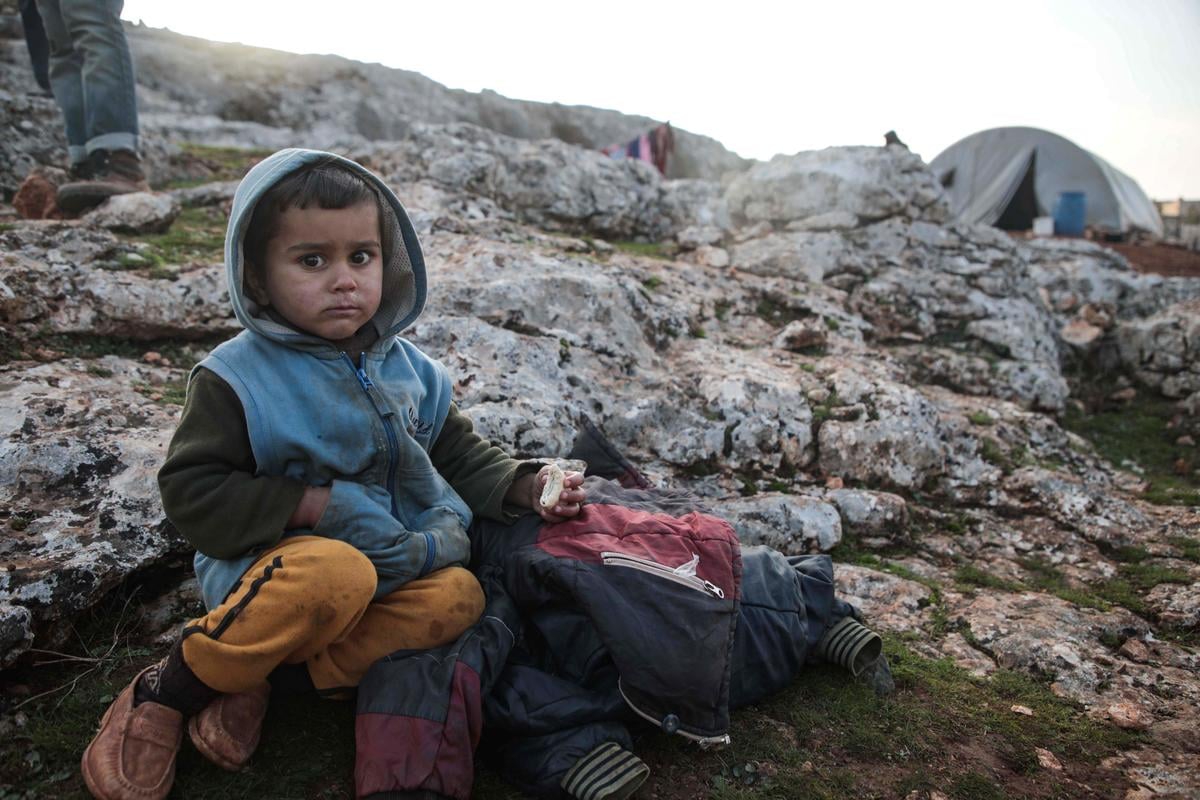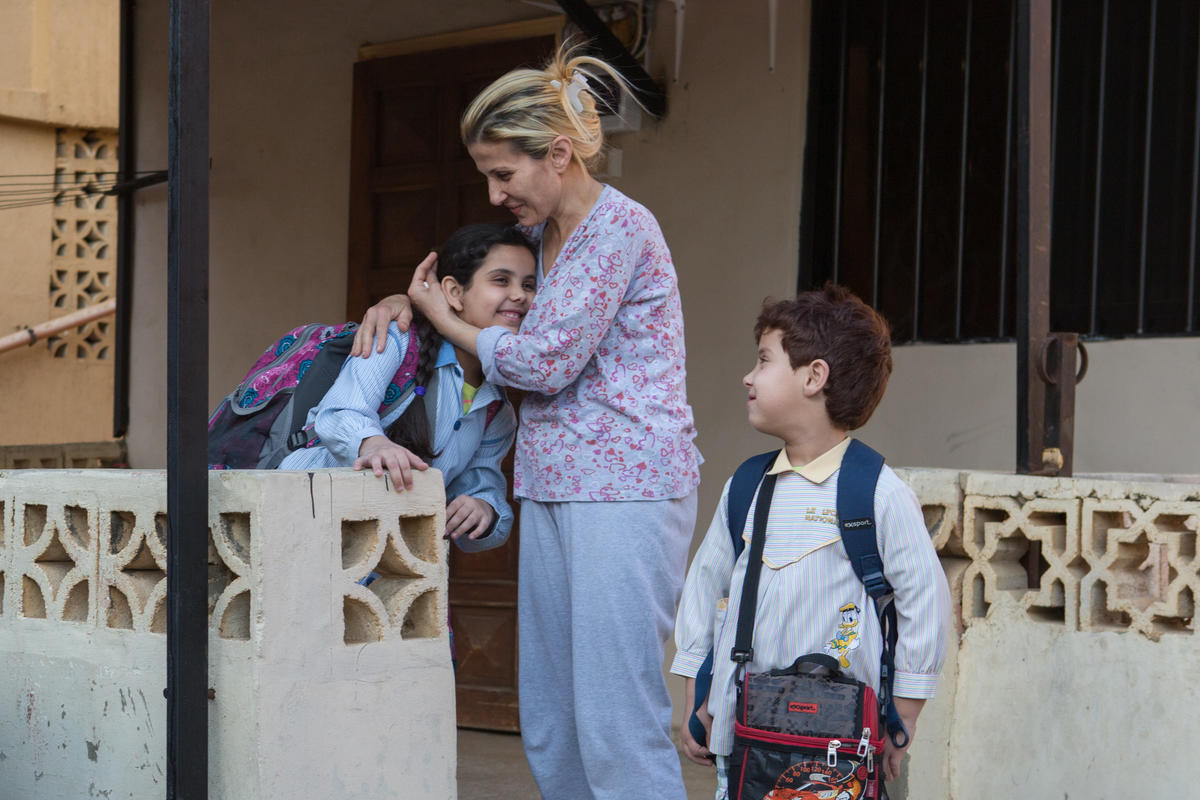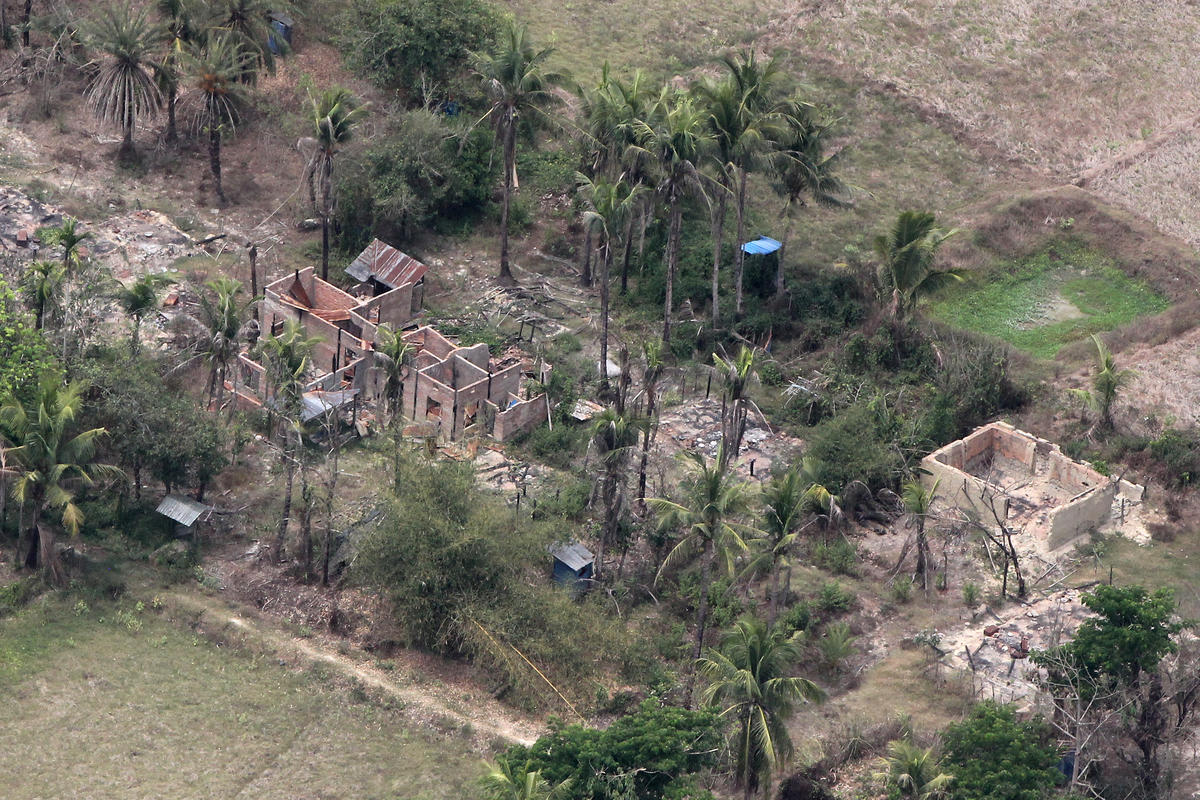Protracted Refugee Situations: UNHCR dialogue on long-term exile cites need for comprehensive solutions
Protracted Refugee Situations: UNHCR dialogue on long-term exile cites need for comprehensive solutions

GENEVA , December (UNHCR) - Noting that millions of refugees remain trapped in interminable exile, UN High Commissioner for Refugees António Guterres on Thursday ended two days of discussions on protracted refugee situations with a call for the development of specific, comprehensive solutions to end their plight.
"The message of this dialogue has been very clear - protracted situations cannot and should not be allowed to fester," Guterres said in prepared remarks to more than 300 representatives from over 50 governments and several organizations.
Participants spent a day in four working groups examining various approaches aimed at finding solutions for the 6 million refugees in some 30 different situations worldwide who have been in exile for at least five years - many of them for decades.
They cannot go home because their countries of origin are at war, are affected by serious human rights violations or other reasons. Only a small proportion of them have a chance of being resettled to a third country, and in many cases their first asylum country will not allow them to fully integrate or become citizens. Over time, the international community loses interest in them and funding dries up.
Summing up the two days of discussions in the second annual High Commissioner's Dialogue on Protection Challenges, Guterres said political will was a main pre-condition for finding durable solutions. He said participants recognized that each protracted situation was unique and solutions must be comprehensive, using a combination of approaches that can include repatriation, integration in first countries of asylum, and resettlement to a third country.
Participants stressed that international solidarity and burden-sharing were essential and could take many forms, he said. These could include the provision of resettlement places; ensuring that voluntary repatriation and reintegration are sustainable; supporting self-reliance activities; and fostering local integration. Overall, however, repatriation remains the preferred solution whenever feasible.
"We all realize there is no one one-size-fits-all solution," Guterres said. "We need a common approach, but each case requires an objective analysis in order to move forward."
A number of countries hosting refugees expressed reservations about their ability to offer local integration, Guterres said, adding that those concerns had been understood and acknowledged. But that inability does not mean that self-reliance cannot be promoted among refugees during exile as a way of enhancing their prospects for successful repatriation or resettlement to another country. Participants emphasized the importance of providing education, including secondary and vocational education, as ways of building such self-reliance.
Guterres said there was also strong endorsement among participants for expanding the strategic use of resettlement. Many participants encouraged resettlement countries to make more places available, and UNHCR will work with those countries to achieve this goal while strengthening its own performance.
Declaring that the dialogue should not be an isolated event, Guterres said it should lead to a broader process and a number of continuing initiatives. With the agreement of host countries, UNHCR will now consult with its stakeholders to explore the most appropriate ways of seeking comprehensive, burden-sharing solutions in specific situations.
Action plans will also be discussed in detail and common strategies defined, wherever possible with countries of origin. Working groups will explore the use of each of the three durable solutions - repatriation, resettlement and local integration - in resolving protracted situations. Regional initiatives will also be explored.
The implications of the urbanization of refugee populations also needed study, Guterres said. Increasing numbers of refugees are now found in urban settings, often without an effective support structure or legal right to be there. Many are from rural areas in their own countries and will find it difficult to return and reintegrate when they are finally able to return home.








